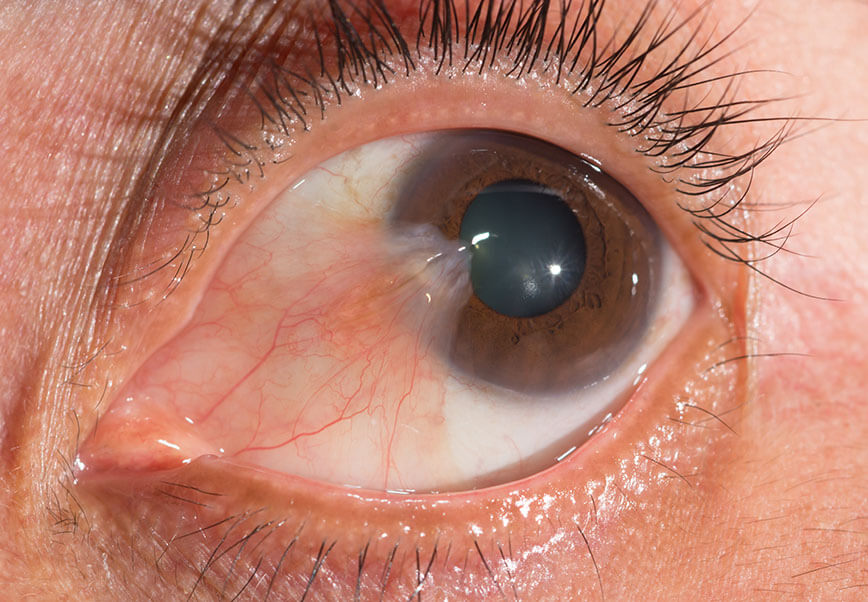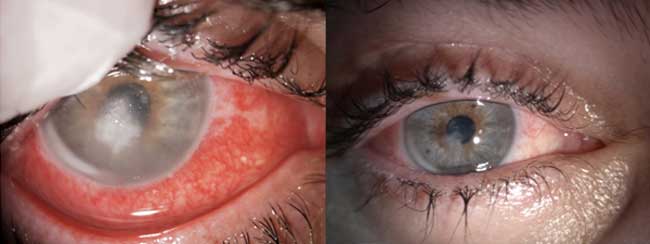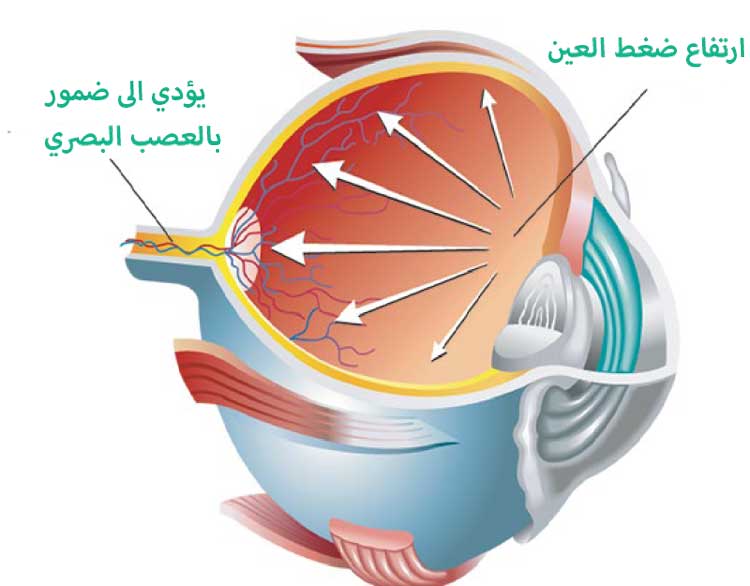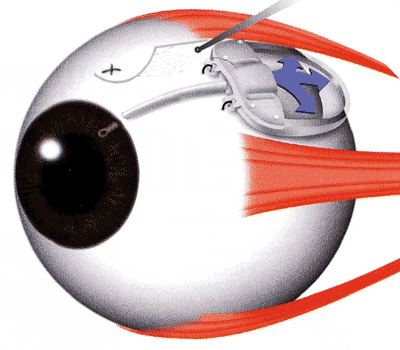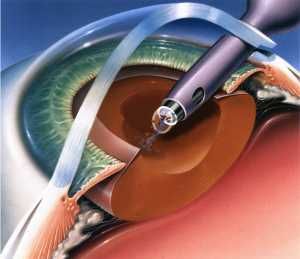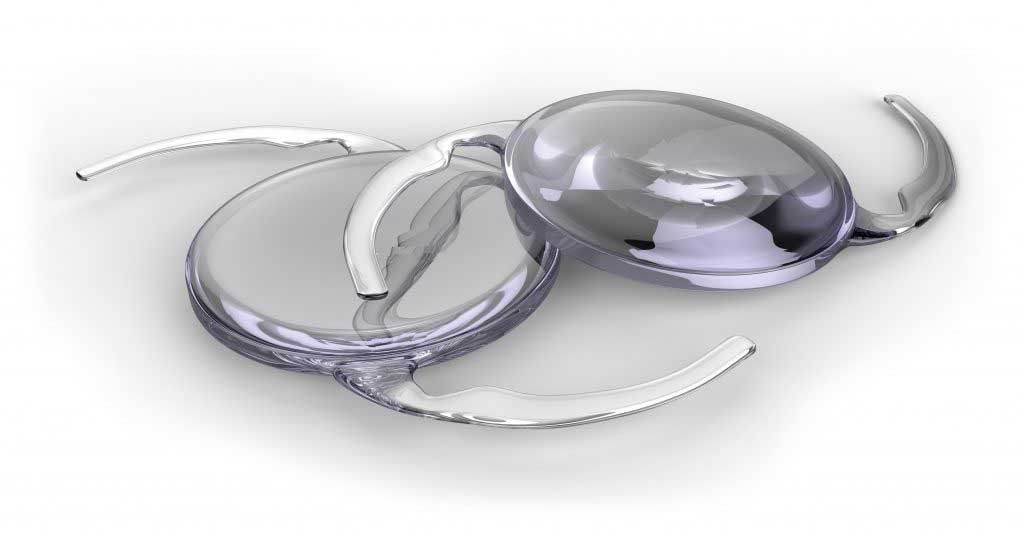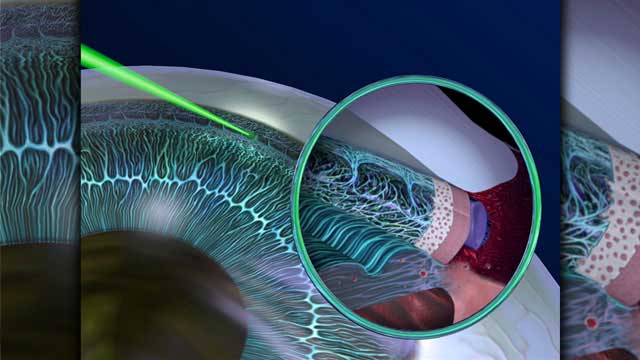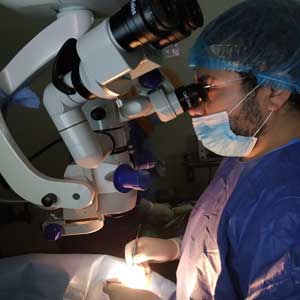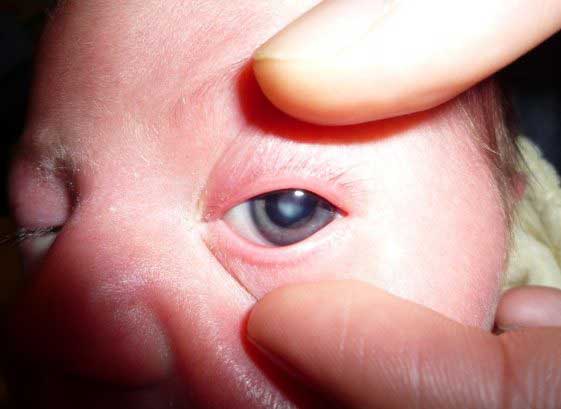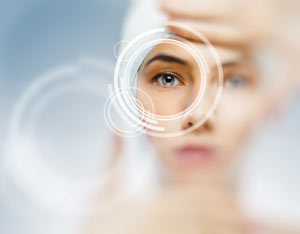
General Ophthalmic Examination
Your comprehensive eye exam will include: measuring visual acuity using an autorefractometer and then performing a series of tests to check the integrity of all eye tissue
We will examine the eyelids, cornea, lens of the eye, retina and optic nerve
We will do all the special tests when you need such as an intraocular pressure measurement, an eye angle examination or a specialized retinal examination.
Why regular eye exam is performed
A regular eye exam helps detect eye problem at an early stage when they are most treatable
A regular eye exam gives your eye doctor the opportunity to help you correct your eyesight, adapt to changes that can occur, and give advice on how to care for your eyes
An eye exam can also provide indications of your overall health “as the eye is an eye on the entire body”
When to undergo an eye exam??
There are several factors that can determine how much you need to have a repeat your eye exam, including your age, health and risk of eye problems. The general guidelines are as follows:
Children 3 years old and younger
Your child’s doctor will likely examine his or her eyes to make sure the eye is developing healthily and to look for the most common eye problems in childhood, such as lazy eye, strabismus or poor eye alignment. Children between the ages of 3 and 5 undergo a more thorough eye exam to look for vision problems and eye alignment
School-age children and adolescents
Take your child to the doctor to check his or her eyesight before entering kindergarten. Your child’s doctor can recommend how often he or she will have eye exams afterwards.
Adults
In general, if you’re healthy and don’t show any symptoms of vision problems, the American Academy of Ophthalmology recommends a full eye exam at age 40, and it’s likely that some changes in vision and some eye diseases will begin to appear. Based on the results of the exam, your eye doctor may recommend how often you should have eye exams in the future
If you are 60 years of age or older, you should have an eye exam every year or two
See your doctor to examine your eyes more frequently if:
- You wear glasses or contact lenses
- Have a family history including eye disease or vision loss
- You have a chronic disease that puts you at a higher risk of eye disease, such as diabetes
- You are taking medications that have serious side effects on the eye

